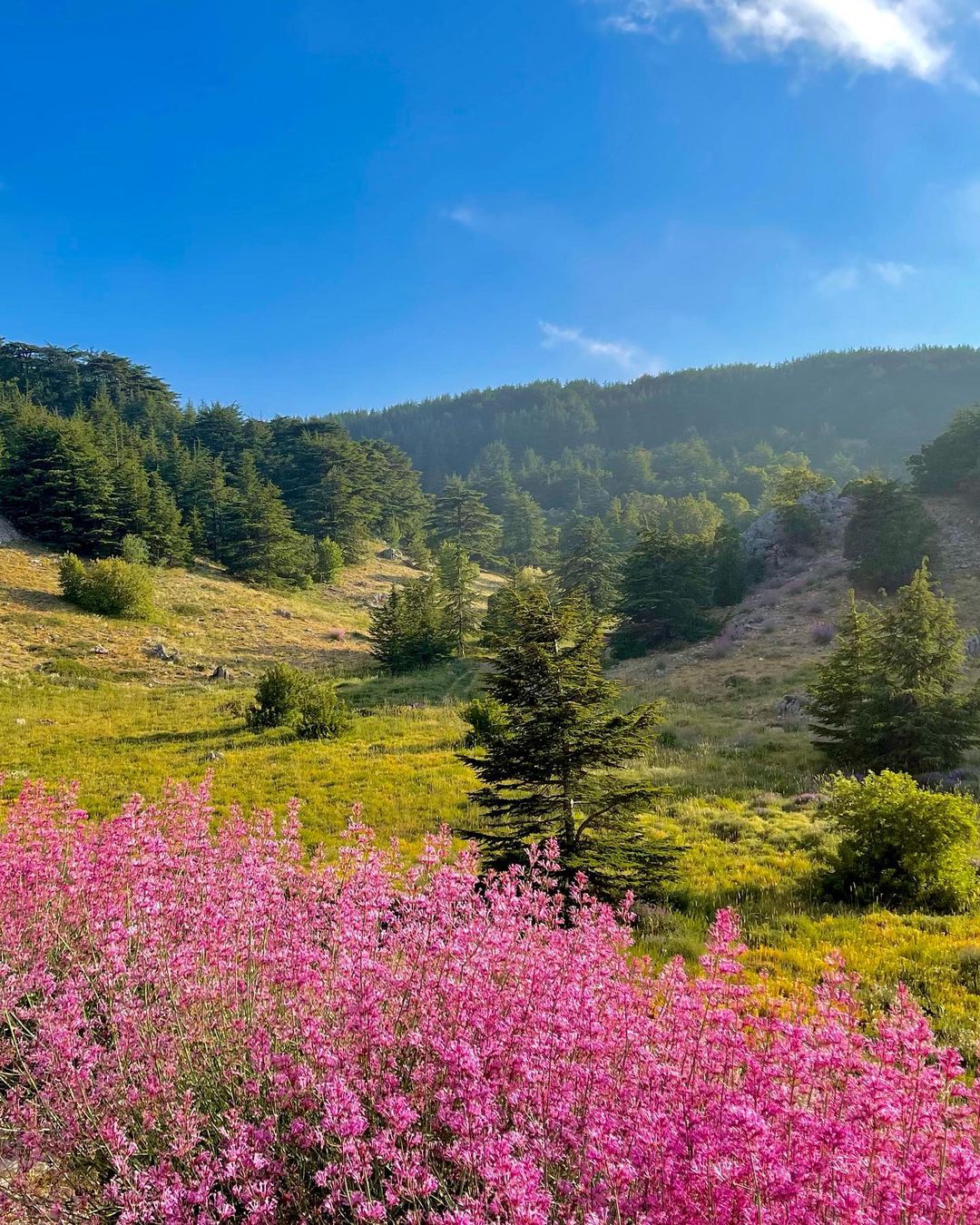
As destinations are threatened, the relationship between environmental assets and local culture is becoming a relevant issue in the tourism sector. Pascal Abdallah, tourism development consultant, and managing director of Responsible Mobilities, takes a closer look at how to make tourism more responsible
Sustainable tourism development experts use the term “sense of place” to demonstrate the attachment of local communities to their environment and its forged cultural heritage. They sometimes refer to it by “place attachment”, “place-making” or even better by “place-identity”.
Under this conceptual approach the cedar forests in Lebanon, which cover many square kilometers of varying landscapes from deep valleys to rocky cliffs and plains, have to be seen in their more general value of historical trees rather than just a botanical marvel. And whilst visitors associate rural areas in Mount Lebanon with Cedar forests, in reality there is a lot more to discover than the cedar tree.
The rural areas of Mount Lebanon have an incredibly rich and diverse heritage, which is the result of centuries of civilizations that forged interplay between the natural environment and human activity.
Tourism is an important tool of economic growth and development. However, tourism can have a negative impact upon local populations and their environmental areas and natural resources. But if we recognize that the sense of place is essential to the sustainability of those host communities a vital set of assets for consideration in sustainable tourism development policy and planning can be revealed.
The sense of place concept is important because all around the world, destinations and places are threatened with their authenticity and their local communities.
Only a balance between tourism development interests and local community’s needs can guarantee the perpetuity of local cultures and places.

Photo – @cezar_projects
In What Way Is The Horsh Ehden Cedar Forest Nature Reserve Unique and Different to the Shouf Biosphere Reserve?
The answer is in the local history of the local populations, which a tour operator can reflect into tourism packages.
As an implementation of this concept the Shouf Cedar Biosphere Reserve team has developed packages entitled “Cedars and Faces” in which the tourist has the opportunity to discover the local cultures in the surrounding villages in parallel to the enchantment in the cedar forests.
How Do We Practice Responsible Tourism?
- By supporting local economy.
- Use and buy local food to contribute the local community.
- Contribute to inter-cultural understanding and conserve their living heritage.
- Make use of all the new traditions and learn different aspects of each culture.
Article published on March 3, 2021.
Article edited on October 6, 2021.
Loading
